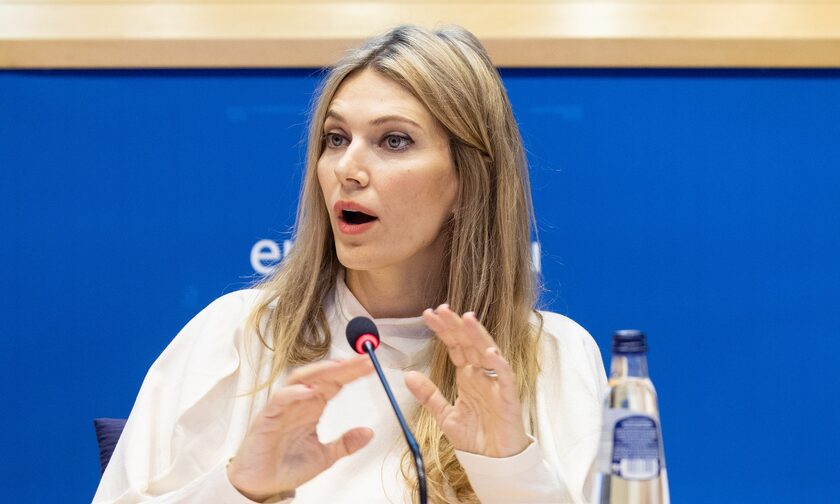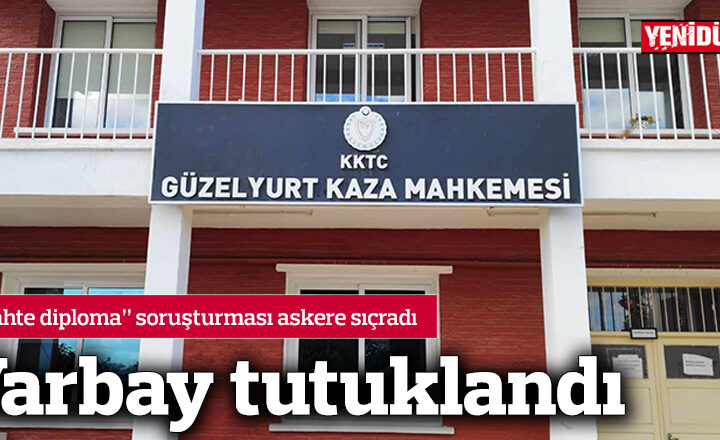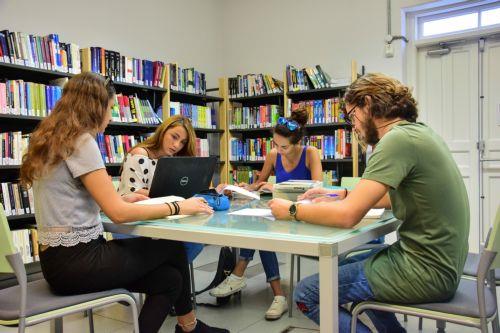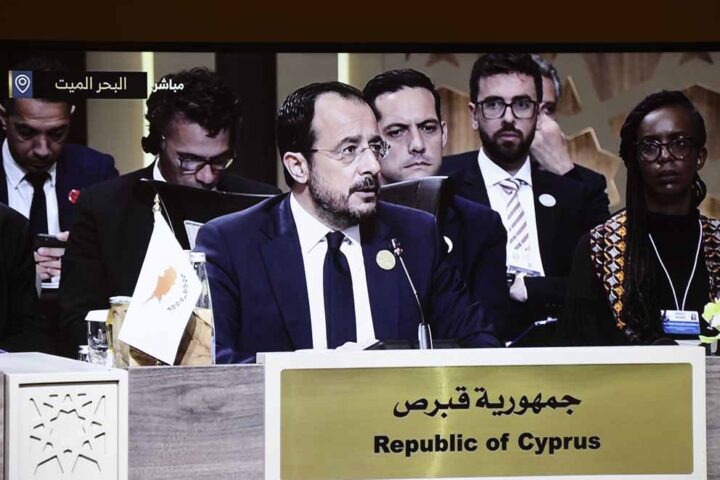Almost everyone in Cyprus is cringing at the idea that any day now, a Cypriot link to the Qatargate will surface, either in the form of a shell-company smokescreen to take the scent off the graft-investigating hound dogs or individuals who handled some of the cash, for personal or party gain.
Two key takeouts from the scandal are the secrecy with which the Belgian police worked and the lightning speed with which they acted.
And that the circus of the European Parliament has finally decided to mature and appoint one of its vice presidents as the overall watchdog for the entire house.
There is no doubt that lobbyists rule (or try to) in Brussels, and this has been known for decades, where political influence and the size of your chequebook can secure many decisions.
This is mainly because there is no clear division between an MEP’s duties and the personal work that is still allowed.
Similar to the conflict that the 56 deputies bypassed in Cyprus by being allowed parliamentary work with their other jobs on the side.
But the Europarliament has to clean up its act, and where there had been a great sense of public mistrust in many European and national institutions, we as voters thought highly of the 700-member assembly.
This week’s abolition of the allowance of up to €150 worth of gifts is a tiny drop in the ocean but one that should have been lifted long ago.
The declaration of high-value gifts and their scrutiny should become the rule in all 27 EU member states.
In Cyprus, all presidential candidates are now riding on their high horses, saying they will battle corruption, not realising they sound like fools to the frustrated public, who will probably not vote for a Cyprus president in February.
In recent years, we have witnessed too many cases of graft and allegations going unpunished or not investigated because of a lack of political will and not because of the absence of resources.
We have said this before.
Cyprus has an abundance of laws and regulations but sporadic enforcement.
It’s a matter of interpretation and a willingness to implement these rules that is absent, usually because of orders ‘from high up’.










